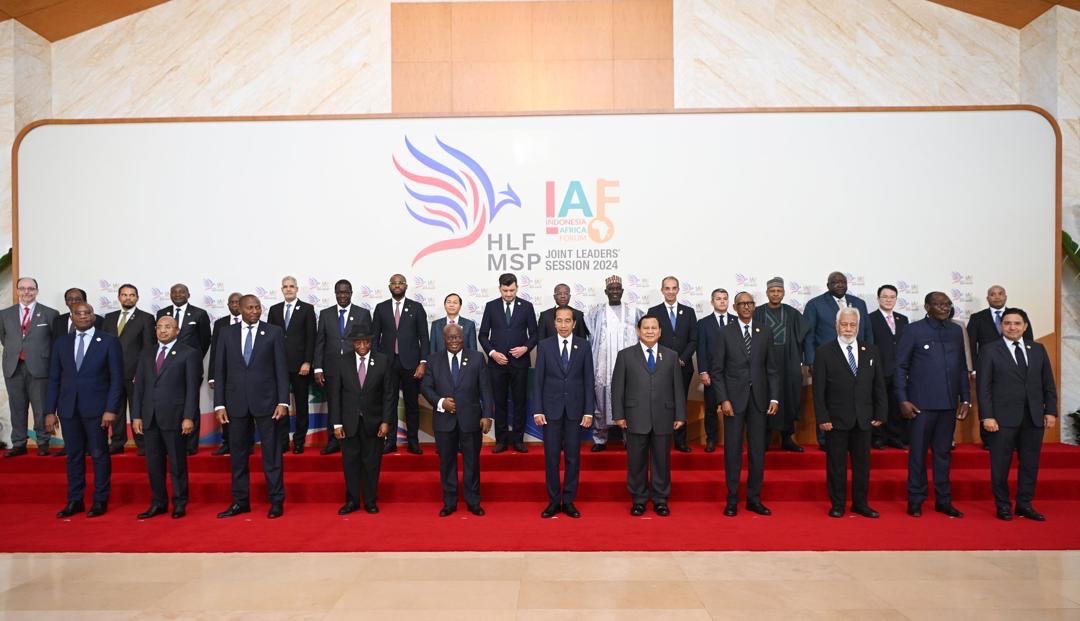It has been six years since former President Yahya Jammeh’s exit from power. The almost universally high hopes and expectations that greeted this rather unexpected change of guard at the top of the leadership in The Gambia have had time to cool down in the face of the harsh reality of rebuilding a nation and a cohesive society from the pieces left in the wake of 22 years of dictatorship.
Unsurprisingly, the developing events in The Gambia are of particular interest to the victims of the brutal rule of that regime and they have followed the happenings closely as they unfolded. The victims have a high stake here because they continue to suffer significant physical and psychological trauma and socioeconomic hardship because of their unforgettable encounters with the violence human rights violations that defined the reign of Jammeh.
Journalists For Justice (JFJ) has for a long time followed the plight of the victims of human rights violations in The Gambia, recording on its memorial website, The Victims’ Bantaba (https://www.thevictimsbantaba.org), their voice and the gains and disappointments of the transitional justice process heralded by the revolutionary work of several constitutional entities, including the Truth, Reconciliation and Reparations Commission. These institutions were intended to address the legacy of dictatorship, abuse of the rule of law, and widespread violation of human rights as the country tried to chart it way out of that dark period in its history.
By any measure, victims have a lot to look forward to because they have been promised much; justice for their suffering at the hands of the perpetrators of the former regime’s cruel violation of their rights and the promise of a comprehensive reparation programme that would ensure that they receive adequate, appropriate, and timely compensation for the harm they suffered.
As part of this objective, JFJ, through its project, Consolidating Peace Through Transitional Justice Approaches in The Gambia, commissioned a study to produce a comprehensive report on the implementation of the reparation programme conducted by the TRRC. The research, based on the testimonies of 36 victims and other stakeholders gathered during focus group discussions conducted in Jambour, Jarra Soma, Sintet, and Kerr Mot Hali, aimed to encourage victims to share their views, opinions, and recommendations on past and future reparations.
Ultimately, the report is intended to empower victim groups and communities, through communication skills and knowledge, to actively engage policymakers in order to influence the design and implementation of an integrated, transparent, and victim-led reparation programme.
While reparations are essential to the healing of victims and their reintegration into society, the predominant sentiment among the victims is that the government has failed in its mandate to provide them with a satisfactory form of repair or interim relief to help them redress the harm they endured during the years of Jammeh’s dictatorship. Nearly all the victims interviewed in this study expressed disappointment in the reparation programme.
The study highlighted several issues, chief among them the victims’ dissatisfaction with the TRRC’s communication strategy, which was largely perceived to be lacking. Due to poor communication, many victims failed to understand what the reparation programme was all about. Most of those interviewed did not know the criteria of the reparation or the types of violations that were under the TRRC’s mandate, or the reparation they were entitled to.
“I don’t know anything about this reparation, they invited us to Basse for a workshop where they told us that D50 million was shared amongst the victims. They asked if we were aware of the arrangement and I told them no,” said Amadou Kora, a resident of Tamba Sansang.
Another issue was the perception of poor planning and implementation of the reparation programme. Although the TRRC started granting interim reparations shortly after it started its operations, there was no special unit that was solely responsible for dealing with matters of compensation. This meant rather chaotic operations, perhaps prompting the setting up of the Victims Support Unit at the tail end of the TRRC’s operations, which was rather late in the day for many victims.
There is a general perception that victims were not consulted about what the reparation programme should entail, therefore their input was completely lacking. Many said that if their opinion had been sought, the TRRC would have included other forms of reparation apart from its focus on cash payouts. For many of these victims, reparation involves more than just monetary compensation and encompasses justice and accountability, as well as memorialisation as a tribute to victims and a deterrent to any possibility of future recurrence of human rights violations.
“They have not been punished or even dismissed from their jobs. One of them is here at Kalagi, in the next village,” said Samba Sarjo of some of the perpetrators responsible for the persecution of her family. Her father was a victim of forced disappearance.
Another major shortcoming of the reparation programme was the narrow definition of who a victim was. Due to this, many secondary victims, mostly women and children who suffered greatly when their breadwinners were detained, murdered, or were disappeared, were not classified among the beneficiaries of reparation.
“My mum was also a victim because she was detained while pregnant when the incident with my father happened. She gave a statement to the TRRC but did not receive any reparation,” said Kaddy Cham, the daughter of Ndure Cham, who was killed after being accused of plotting to overthrow Jammeh’s government in 2006.
An apparently universal issue that emerged was about the monetary awards, which were termed grossly inadequate. Most beneficiaries found the amounts to be a drop in the ocean and did nothing to ease their pressing need for medical attention, mainly for illnesses that resulted from their victimisation, as well as to meet obligations such as feeding their families and expenses for their children’s education.
Although the victims understood that no amount of compensation can undo the harm they suffered, they expected the reparation to significantly alleviate their economic hardships. However, they were disappointed because the amounts were barely enough to address their short-term needs and had little meaningful positive effect on their lives.
“I am still struggling to pay for my children’s school expenses. I have eight children, two of whom are in college. When I was given the cheque, I went straight to the school and made part payments towards their school fees and returned home with nothing. The D30,000 was not even enough to cover a quarter of their tuition fees,” said, Sarjo, whose family lost property worth D500,000.
The seeming arbitrary distribution of the reparations is also an issue of concern. There were many cases of varying payments for victims who suffered the same violations, while others were completely left out of the programme. There were even reports of non-victims benefiting from reparation while the real victims were left out.
“They did the reparations, but the way it was done was not right. Those who suffered the most serious violations received less. I have witnessed people who suffered less violations than us but were paid more. Even the five of us who suffered exactly the same violations received different amounts,” said Kafu Bayo, one of the victims.
The study paints the picture of a reparation programme that was poorly planned and executed. It lacks transparency as the victims and other relevant stakeholders were never consulted on basic matters such as the criteria for the identification of victims and the form of reparation. Due to poor implementation, the programme has had the adverse effect of further victimising some of the minority groups that suffered due to the violence and violations such as women and children – many of whom received no compensation due to the patriarchal nature of the Gambian society.
Another vulnerable group that was completely ignored was that of the victims of sexual violence, with the TRRC reparation programme making no special effort to seek them out.
The study acknowledges that due to the sensitive nature of and taboo attached to sexual violence, most victims, in many cases women, were reluctant to give statements or even engage with the TRRC. Therefore, one of the more important responsibilities of any successor body to the TRRC is to prioritise the designing of a policy to encourage victims of such crimes to come forward and register to ensure that these vulnerable individuals are included in subsequent reparation programmes.
Among its recommendations, the report suggests the formation of a special unit to take over and conclude the work started by the TRRC Reparation Committee. It also suggests better consultation and planning as necessary precursors to the future success of the reparation programme.
Victims want the government to abandon mere rhetoric and start taking action. To them, the reparation programme should be approached in a multi-faceted and holistic manner rather than as a one-size-fits-all policy. There is also a need for the re-evaluation of the definition of who a victim is to make it more inclusive.
The JFJ study recommends that the programme should not focus so much on the monetary aspect of reparation and neglect issues such as justice and reforms in the security sector and other essential institutions. Bringing perpetrators to justice and reforming state institutions to ensure that what happened between 1994 and 2017 never happens again would be more meaningful to many victims than any monetary compensation.
The report suggests that The Gambia should put the experiences and perspectives of victims at the centre of the reparation programme and ensure that their voices are heard and acted upon. The success of the transitional justice process depends on the meaningful participation and engagement of victims, and their satisfaction with the reparations process is crucial to the consolidation of peace and reconciliation in the country.





